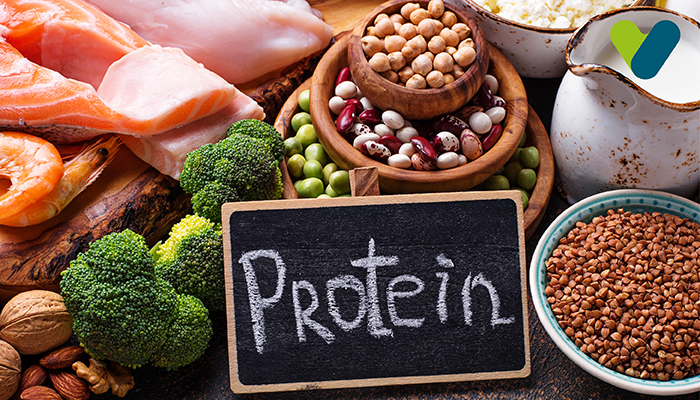Suruchi has weighed 150lbs in recent times. She is getting many diseases and health problems due to her obese weight. She tries to adopt a balanced diet to avoid all types of fast foods and oily foods. But after 1month, she noticed that it was of no use and she did not lose any weight. Moreover, she became depressed and felt terrible about her body. She wondered what was wrong with her diet and did not understand. Then one of her friends suggested consulting a nutritionist for getting a healthy diet. She didn’t know how much protein was needed to lose weight. Once again, Suruchi started loving her body and feeling confident.
Dieticians and fitness-related persons haven’t recommended a particular diet plan because every person differs according to their weight, health problems, and meal consumption plans.


